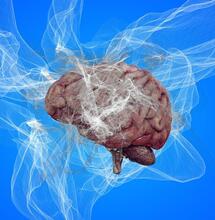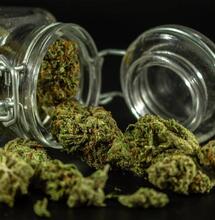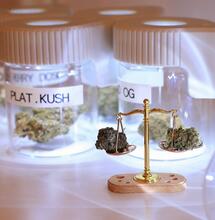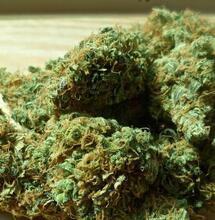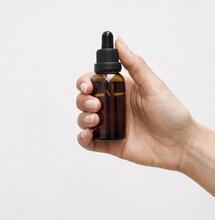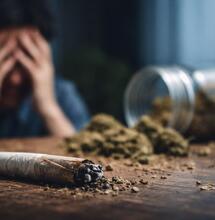CBD May Actually Enhance Effects of THC, Says Study
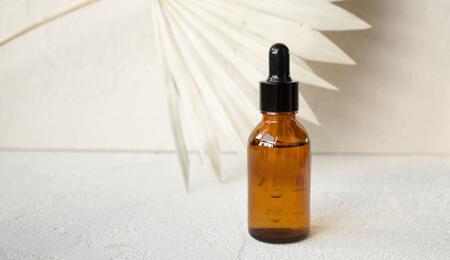
CBD might be literally intensifying the effects of THC instead of reducing them, according to a new study. If so, it’s incorrect what many think it’s true. It’s often said that CBD can help bring down the high from THC, and it has been advised that you take CBD when you believe you’ve just had a bit too much weed. Nevertheless, the new study assessed effects only on orally taken THC and CBD. Other delivery methods may return different results in future experiments.
A high dose of CBD was found to amplify the effects of THC significantly, say researchers in a new study. The research discovered that a dose of 450 mg of CBD increased the THC levels in the bloodstream as a result of pharmacokinetic interaction. The findings from the study were recently published in the Clinical Pharmacology & Therapeutics journal.
This new find on the interactions between THC and CBD suggests that there’s still a lot more to learn about cannabis.
CBD May Slow Down How THC Is Processed in the Body
THC is the major psychoactive cannabinoid in cannabis, and some of its adverse reactions include cognitive impairment, lack of body coordination, and increased anxiety in some users. It’s been widely considered that CBD could curtail at least to a certain degree these side effects. CBD-rich cannabis is widely used both recreationally and therapeutically because of this assumption.
However, scientists now have proof of the opposite. CBD could well escalate the effects of THC, in particular when taken in bigger doses. There are studies that indeed show that CBD can help with THC-related anxiety, but claims have been inconsistent, thus the need to do more research.
The latest research was carried out at the Center of Human Drug Research in the Netherlands. The double-blind, placebo-controlled, five-way crossover design of the study featured 37 healthy participants, aged 18 to 45, who were asked to abstain from using cannabis or any other substances in the period preceding the study, enabling researchers to get clean results from the experiment.
As part of the study, researchers randomly assigned each participant five different cannabis treatments, with convenient time distance between each session. In each session, participants were given either THC alone, THC in combo with three doses of CBD (10 mg, 30 mg, and 450 mg), and a placebo.
The healthy volunteers took the treatments orally, with CBD administered 30 minutes before THC to make certain that both cannabinoids would peak in the bloodstream simultaneously. The study measured various effects multiple times over a six-hour period, using different types of tests, including self-reports from users on mood, anxiety, and how high they felt.
The main take from this study is that the highest dose of CBD given, that of 450 mg, significantly increased the effects of THC. Participants as well reported feeling more intoxicated, and all their cognitive and body functions were more affected compared to when they took solely THC.
The most plausible explanation for the heightened effect is CBD interfering with how THC is processed in the body. With a more substantial dose of CBD, there remains a higher level of psychoactive THC metabolites in the blood, thus the more pronounced impairment.
Lower doses of CBD were not correlated with more significant intoxication from THC, however. There was no reduction in THC-induced anxiety, cognitive impairment, or any other adverse reactions with the 10 mg and 30 mg CBD doses.
“CBD does not in any way alleviate psychomimetic effects of THC or reduce anxiety. If anything, in higher dose levels it will enhance the effects of THC because the breakdown of THC in the liver is inhibited by CBD,” study author Jan Groeneveld told the publication PsyPost.
“We are pharmacologists and know how to scientifically demonstrate interaction between drugs, which is why we performed a rigorous scientific experiment,” Groeneveld, who is a CEO of the Center for Human Drug Research and a professor of clinical neuropharmacology at Leiden University, said about the research.
While the study ultimately suggests that CBD may change the overall experience with THC, CBD still does not restrain THC’s adverse reactions. In addition, researchers also found that CBD did not enhance the pain-relieving properties of THC, which is another interesting take from the experiment.
Importantly, this interaction was observed when CBD and THC were taken together orally. The outcomes could be different with other methods of delivery. For instance, inhalation may produce different outcomes that may not be the same as with orally taken THC and CBD. Like with many of the CBD products from Big Budz CBD and that’s something that scientists will need to check in future projects.
Also read on Soft Secrets:
- Study Associates Weed with Risk of Head and Neck Cancer




